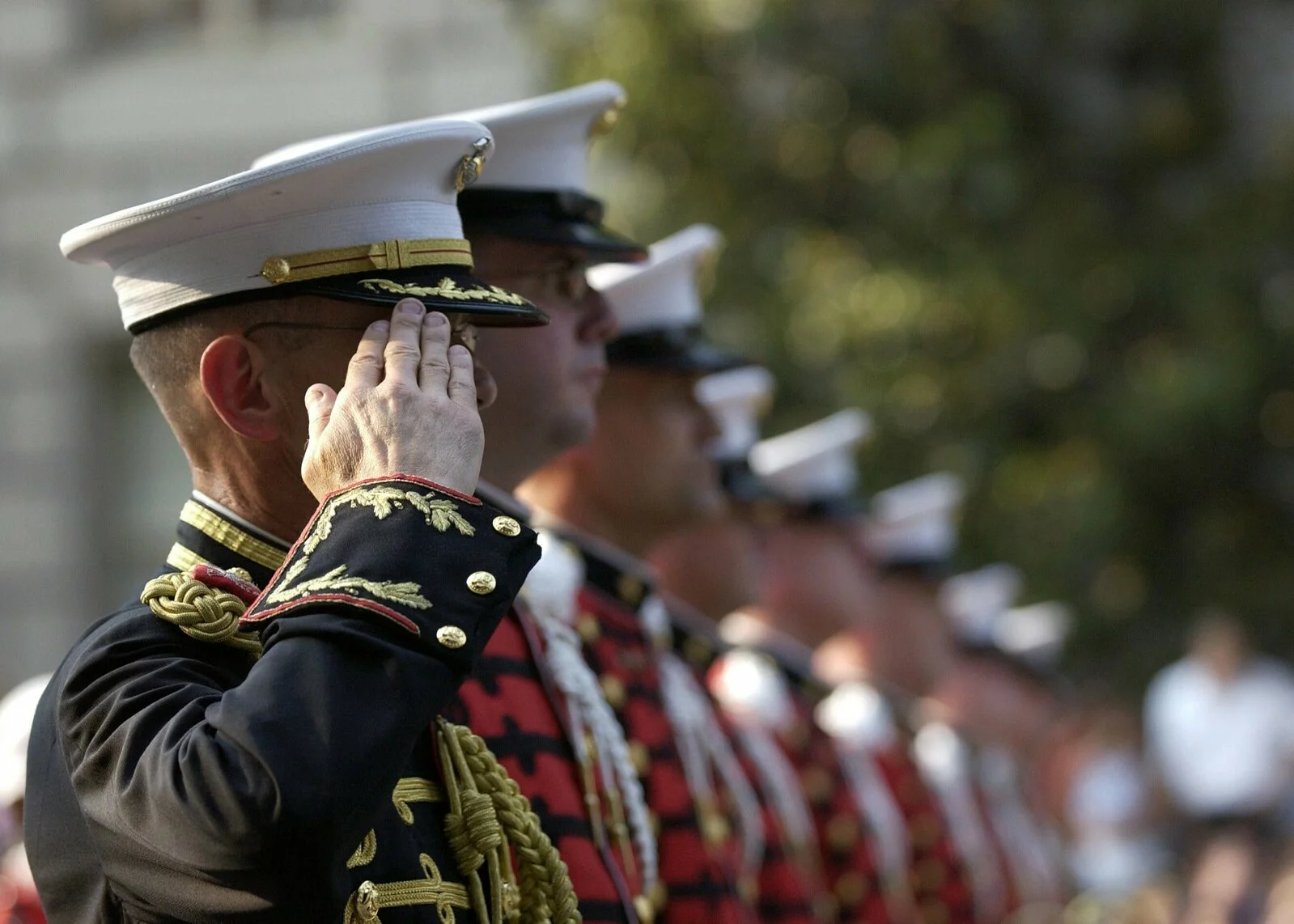How to Honor Our Nations' Veterans this Veterans Day
By Joe Agnello, Bereavement Coordinator, Transitions Care
Our veterans have all made a significant sacrifice – whether in combat or in support roles. Military rituals honor the soldiers, sailors, marines, airmen, coast guard, merchant marines, & national guardsmen and we can keep honoring them no matter how long ago they came home. This is our opportunity to say,
“Thank You For Your Service!”
Early in life, we learn to avoid punishment and seek rewards. As we get older, we learn to avoid guilt and seek conformity. As we mature, we seek to do the greater good for others and be less self-centered. When we salute our heroes, we say “Thank you for your service!” Just know you might get a mixed response. If you think about Veterans from the Veteran’s point of view, we are not all alike. There are at least two kinds of Veterans: combat Veterans and non-combat Veterans. Both join the same way, but some were drafted. We accepted the same risk. We learned what kind of Veteran we are after we were assigned our duties. Most of us were teenagers when we joined. I was 17 years old. We felt so very proud to wear our uniform in public and develop such close friendships. It was a rush! You can thank us for joining, but here is what else you can do to thank our service members this Veterans Day:
Each one of us joined for our own personal reason, but one thing we have in common is a commitment to defend our freedom and protect the people we love. Thank us for that! But be prepared for the Veteran who doesn’t want to take credit for what their team achieved. For others, it wasn’t voluntary. They didn’t want to join so they don’t want gratitude for it. Don’t take it personally. Just understand.
Combat Veterans took the greatest risk of all. They faced life and death on a continuous basis. When speaking to a Veteran, ask if they were in combat. Especially thank them and be patient with them to understand their story. Sometimes there are things that a Veteran has gone through that when you thank them it shows them a deeper understanding of the unique challenges they faced.
Veterans’ widows, children and families also paid a high price when their spouse, parent or child was killed in action. Thank them too. President Abe Lincoln asked all citizens to thank both Veterans and their widows. To help them overcome bitterness and grief, we must honor that request today as well as throughout the year. Letters and phone calls from wives, girlfriends and families sustained us during difficult times in service.
Some non-combat Veterans feel guilty because they didn’t fight. Their job was to support all those combat Veterans on the front lines. Many non-combat Veterans feel guilty, but did an immensely important job. Battles can’t be won without support. You can thank non-combat Veterans for being there to give that critical support.
Some Veterans didn’t come home. They were KIA, MIA or POW – Killed in Action, Missing in Action, or Prisoners of War. Thank them in your heart and give your condolences to their families if you meet them. Memorial Day is dedicated to them. In the military we remember them with a “Missing Man or Missing Woman” formation. Every Veteran was in a position of being at risk. As you think about the risks Veterans took for you, thank them.
Some came home but weren’t the same as when they went in. Some are Disabled Vets, others have Post-Traumatic Stress Disorder or alcoholism. Many with PTSD are still undiagnosed but can still be treated. Thank them with compassionate understanding. Suicide is so prevalent among combat Veterans. Know that the average number of Veteran suicides is 22 every day. To fight this trend, all Americans are asked to call every Veteran they know on the 22nd day of the month and say, “Thank you for your service. Is there anything I can do for you?”
The transition from military service to a civilian lifestyle is not easy. In the service, everything a Veteran needs is provided, including meals, housing, transportation and medical care. Once back home they are often on their own. When they were in the service, their families functioned independently. Coming home can often create feelings of not being needed. Veterans need loving families and friends who give gratitude for their service to help them make the adjustment to civilian life.
Speaking for all service men and women, “Thank you for your support!”
Remember to say it often!

